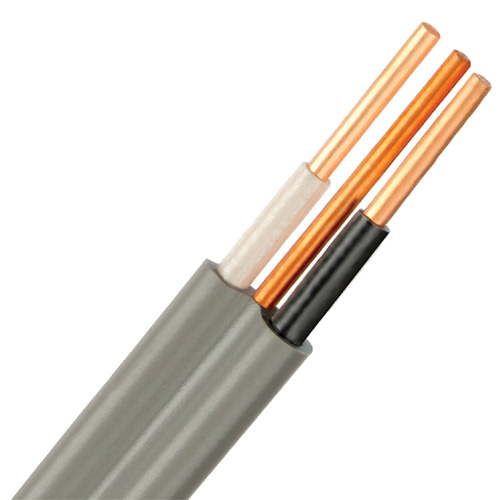Throttle controllers have gained popularity among automotive enthusiasts and everyday drivers alike, promising enhanced performance, improved throttle response, and a more engaging driving experience. However, beneath the allure of these devices lies a range of potential downsides that are often overlooked. In this article, we will delve into the intricacies of throttle controllers, exploring their disadvantages and the implications they may have on vehicle performance, safety, and longevity.
Understanding Throttle Controllers
Before we dive into the downsides, it’s essential to understand what throttle controllers are. These devices modify the signal sent from the accelerator pedal to the engine control unit (ECU), allowing for quicker throttle response and a more aggressive driving feel. While they can provide a noticeable improvement in performance, the benefits come with several caveats.
- Potential for Engine Damage
One of the most significant concerns with throttle controllers is the potential for engine damage. By altering the throttle response, these devices can lead to unintended acceleration, which may cause excessive strain on the engine and transmission. This strain can result in premature wear and tear, leading to costly repairs. Moreover, if the throttle controller is not calibrated correctly, it can push the engine beyond its intended limits, risking catastrophic failure.
- Impact on Fuel Efficiency
While many drivers install throttle controllers with the hope of improving performance, they may inadvertently decrease fuel efficiency. A more responsive throttle can lead to aggressive driving habits, such as rapid acceleration and hard braking, which consume more fuel. Additionally, if the throttle controller is set to an overly aggressive mode, it can lead to a significant increase in fuel consumption, negating any performance gains.
- Compromised Safety Features
Modern vehicles are equipped with a range of safety features designed to enhance driver control and stability. Throttle controllers can interfere with these systems, particularly traction control and stability control. By modifying the throttle response, these devices can cause the vehicle to behave unpredictably in challenging driving conditions, such as wet or icy roads. This unpredictability can increase the risk of accidents, undermining the very purpose of these safety features.
- Warranty Concerns
Installing a throttle controller can also raise concerns regarding vehicle warranties. Many manufacturers consider these devices as modifications that can void warranties, particularly if they lead to engine or transmission issues. This risk can deter potential buyers from investing in throttle controllers, as the financial implications of voided warranties can far exceed the initial cost of the device.
- Driver Dependency and Skill Degradation
Another downside of throttle controllers is the potential for driver dependency. With enhanced throttle response, drivers may become reliant on the device to achieve a certain level of performance, which can lead to a degradation of driving skills. Over time, this dependency can diminish a driver’s ability to handle the vehicle effectively without the aid of the throttle controller, potentially leading to dangerous situations when the device is not in use.
- Limited Compatibility and Customization Issues
Not all throttle controllers are compatible with every vehicle, and those that are may not offer the level of customization that drivers desire. Some devices may only provide a one-size-fits-all solution, which can be inadequate for specific driving styles or vehicle types. Furthermore, improper installation or configuration can lead to performance issues, negating any potential benefits.
Conclusion: Weighing the Pros and Cons
Throttle controllers can undoubtedly enhance the driving experience, providing a more responsive and engaging feel. However, the downsides associated with these devices warrant careful consideration. From potential engine damage and compromised safety features to warranty concerns and driver dependency, the risks may outweigh the benefits for many drivers.


